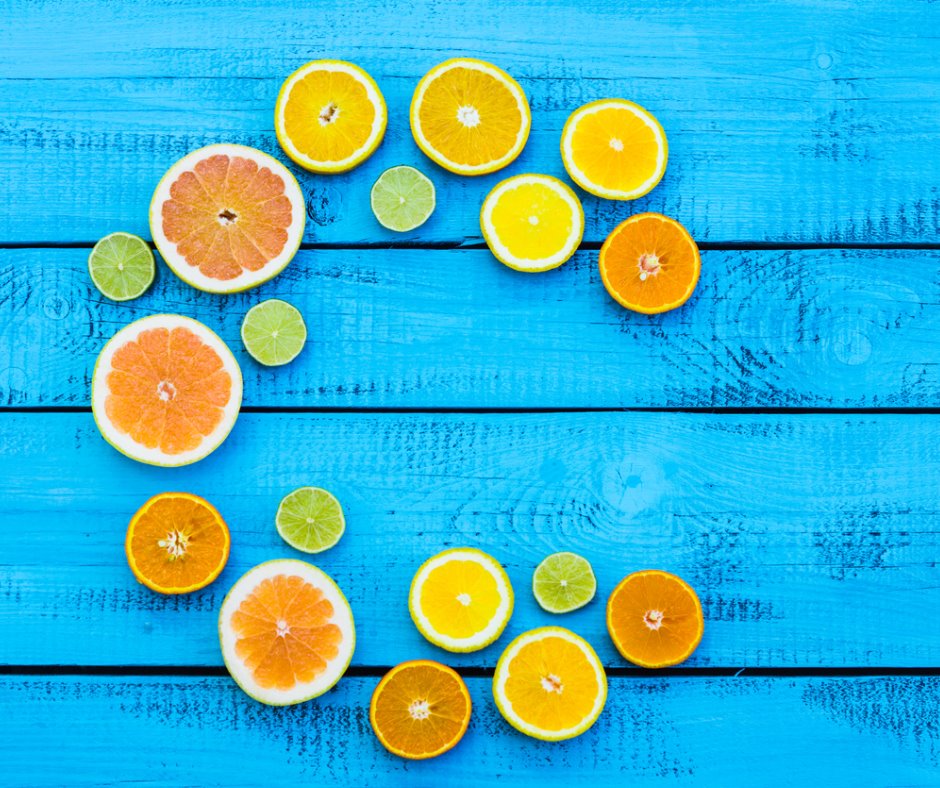Starting at age 30, most people begin to lose strength and muscle mass. Between 30 and 50, the average person suffers a 10% loss of muscle.[i]
After that, muscle loss accelerates. Between 50 and 60, muscle loss averages 10-20%. After age 60, it speeds up even more. This is true for both men and women.
The amount of muscle loss over a lifetime varies greatly from one person to another. But a 2014 study in the journal Lancet found that by age 80, the average person’s large muscle groups have shrunk by at least 40%.[ii]
Age-related muscle loss often goes unnoticed by both the sufferer and the people around them. That’s because it is gradual. And fat often takes the place of muscle, causing a net weight gain. This may make the person look stronger even though they are actually far weaker than were when they were younger.
A 2018 review published in the journal Age and Ageing found that by age 50 one in three Americans suffer from sarcopenia. It is the medical name for age-related muscle loss so severe that it affects a person’s ability to perform routine tasks.
Dr. Suzette Pereira led the study. “Most people think that sarcopenia only impacts people in nursing homes,” she said. “But these findings show that’s not the case.”[iii]
People with sarcopenia may have trouble rising from a chair, walking up stairs, lifting grocery bags, pushing a lawnmower, or opening jars.
But age-related muscle loss—even if it’s not full-blown sarcopenia—can cause serious health damage, according to a major review of more than 140 studies published in the Annals of Medicine.[iv]
It found that reduced muscle mass and strength is associated with heart disease, shortened lifespan, memory loss, osteoporosis, diabetes, back pain, depression, high blood pressure, and cancer death.
Strength training, such as weight lifting, is the best known method to build muscle. Eating more protein has also been shown to help.
A new study shows that vitamin C can also promote strength. This may come as a surprise, since vitamin C is best known for improving immunity.
Researchers from the University of East Anglia’s Norwich Medical school analyzed medical and diet data from 13,000 people from age 42 to 82.
Study author Dr. Richard Hayhoe said his team found that subjects with the highest amounts of vitamin C in their diet or blood had the most muscle mass.
“We are very excited by our findings, as they suggest that dietary vitamin C is important for muscle health in older men and women and may be useful for preventing age-related muscle loss,” said Dr. Hayhoe.[v]
“We’re not talking about people needing mega-doses. Eating a citrus fruit, such as an orange, each day and having a vegetable side to a meal will be sufficient for most people.”
Top 10 Foods High in Vitamin C
The following are the 10 excellent sources of vitamin C.[vi]
- Guavas, 377 mg per cup
- Kiwis, 167 mg
- Bell peppers, 152 mg
- Strawberries, 98 mg
- Oranges, 96 mg
- Papaya, 88 mg
- Broccoli, 81 mg
- Tomato, 55 mg
- Snow Peas, 38 mg
- Kale,23 mg
You can also take vitamin C supplements. Take up to 2,000 mg per day.[vii]
Be sure to take the liposomal version of vitamin C. It is absorbed better by your body. If you have a sensitive stomach, get a supplement that is buffered. And take it with food.
Don’t neglect vitamin C in your diet. It’s an easy way to stay strong into your 70s, 80s, and beyond.
Editor’s Note: Discover the most effective natural methods to improve your health. Read our monthly journal Independent Healing. It’s your best source for unbiased, evidence-based medical information you won’t find anywhere else. To find out more, go HERE.
The Russian Secret for Muscle Gain
Surprising Reason Your Muscles Shrink as You Age
The Truth About Vitamin C and the Common Cold
Sources:
[i]https://onlinelibrary.wiley.com/doi/full/10.1007/s13539-010-0014-2
[ii]https://www.ncbi.nlm.nih.gov/pmc/articles/PMC4156923/
[iii]http://www.nutritionnews.abbott/strength-muscle/sarcopenia.html
[iv]https://www.eurekalert.org/pub_releases/2018-10/ghn-mms101718.php
[v] https://medicalxpress.com/news/2020-08-vitamin-50s-retain-muscle-mass.html
[vi]https://www.myfooddata.com/articles/vitamin-c-foods.php
[vii]https://www.webmd.com/cold-and-flu/vitamin-c-colds

